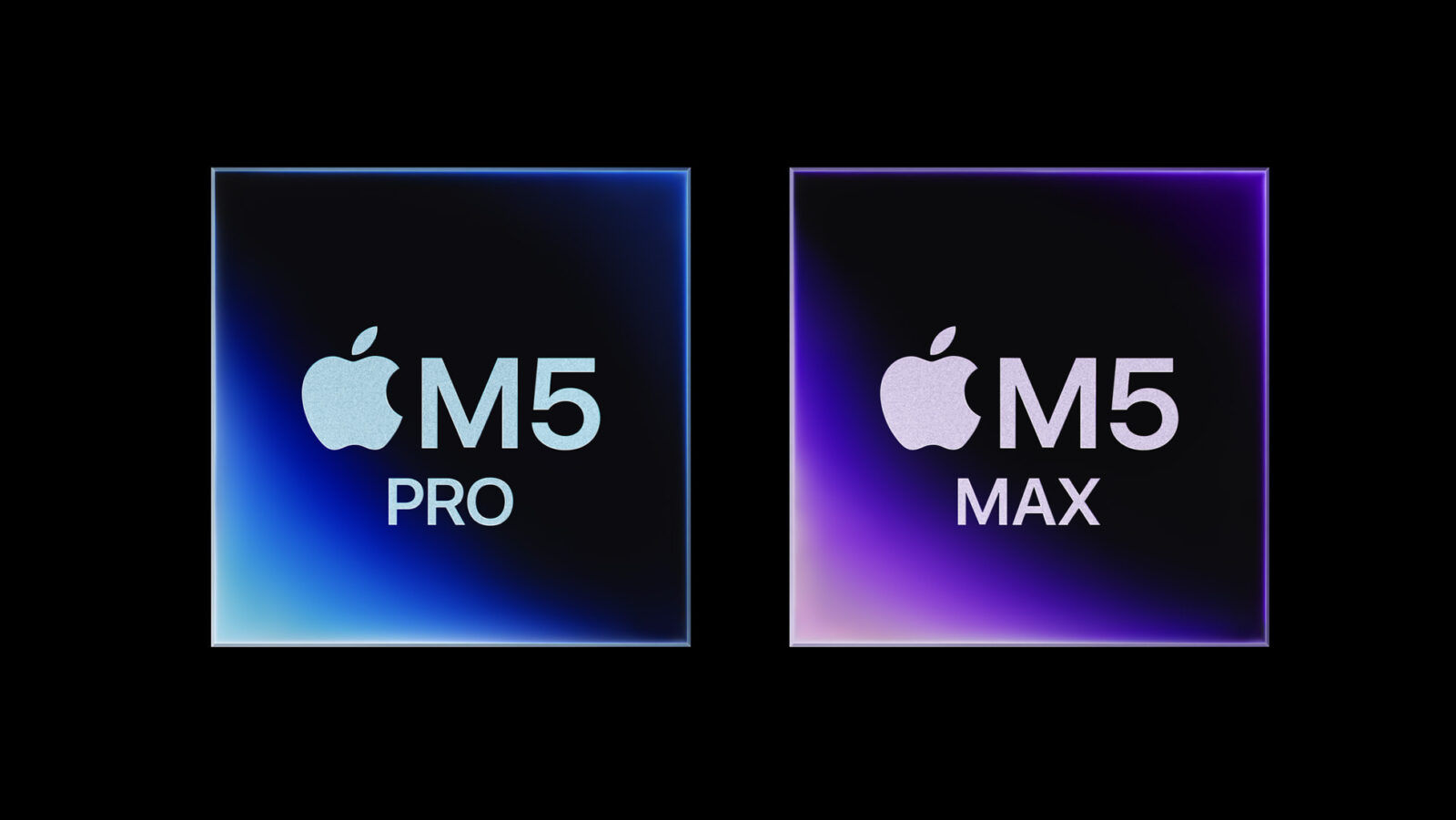Elon Musk says he intends to restore Vine’s long-lost video archive, a move that would bring back access to the short-form clips that helped shape early internet culture. Over the weekend, the X owner claimed the company had located Vine’s original archive, which many believed had been deleted, and that work was underway to make it viewable again.
Vine, acquired by Twitter in 2012 for about $30 million, allowed users to post six-second looping videos—a format that would later influence platforms like TikTok. Despite its early cultural impact and the careers it helped launch, Twitter struggled to capitalize on Vine’s potential. The service stopped allowing uploads in 2016 and was fully discontinued in 2017, though an online archive persisted briefly before disappearing.
Even without an official platform, Vine’s influence has lingered. Compilations of its most memorable clips circulate widely on YouTube, and many of its original creators have gone on to build significant followings elsewhere. The platform remains a touchstone for online humor and creativity, especially for those who experienced its peak years firsthand.
Musk has floated the idea of reviving Vine before. Shortly after acquiring Twitter—now X—in 2022, he ran a poll asking whether the app should return. Nearly 70% of respondents voted in favor, but no relaunch followed. Reports at the time indicated that engineers had explored a reboot, though the project never materialized.
It’s still unclear if Musk’s latest statement signals a genuine effort to restore the archive or simply serves as promotional fuel for X’s AI tools. In the same post, he highlighted Grok Imagine, a new feature for X Premium+ subscribers that generates short videos from AI prompts, dubbing it “AI Vine.” That framing suggests his focus may be less on preserving Vine’s human-made legacy and more on steering users toward AI-generated content.
Whether the archive will truly be made available—or if this is another passing idea—remains to be seen. For now, Musk’s announcement revives nostalgia for a platform that, despite its short lifespan, left an outsized mark on internet video culture.







